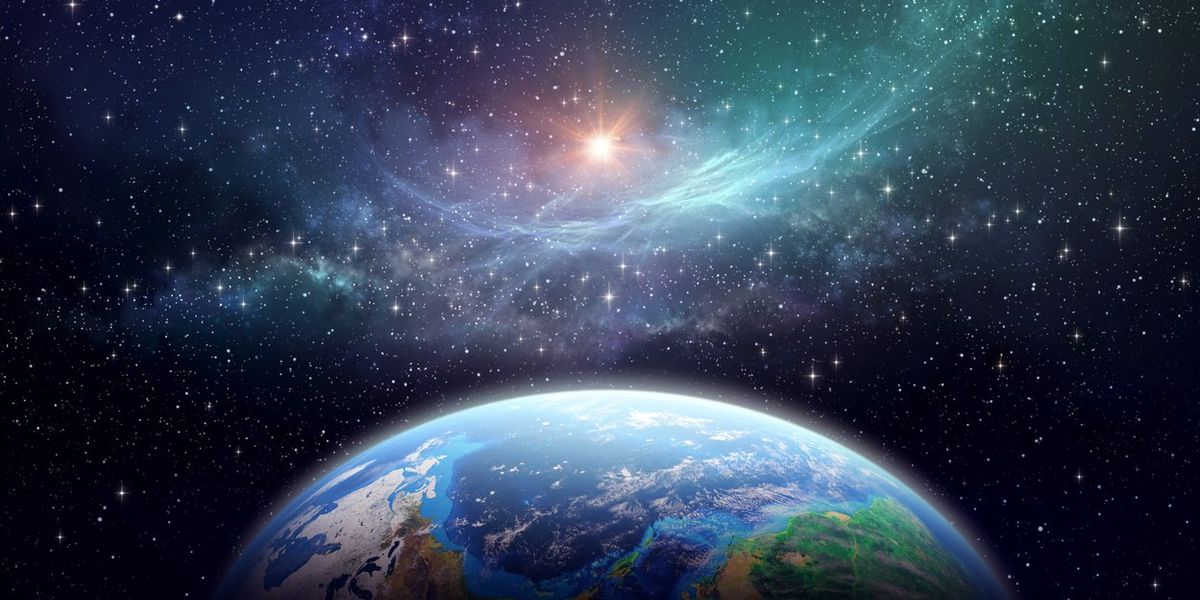
Supernovae (or supernovas, if you prefer) have long been a subject of intense interest and intensive research owing to the spectacular outbursts of energy they produce.
But new evidence collected by NASA’s Chandra Observatory suggest they could pose an even greater threat to life than was previously thought.
In Leyman’s terms, a supernova is what happens when a star reaches the end of its life – exploding with an unimaginably powerful burst of light.
They can radiate more energy than our sun will in its entire lifetime and, as the US energy department (DOE) points out, they are key to our very existence.
Sign up for our free Indy100 weekly newsletter
“Supernovae are considered one of the original sources of the elements heavier than iron in the Universe,” the DOE states on its website. “Even the iron in your blood can be traced back to supernovae or similar cosmic explosions from long before our Sun had formed.”
However, we shouldn’t just feel grateful for these celestial phenomena, we should also feel a little concerned.
Observations of 31 supernovae made at the Chandra Observatory suggest that intense X-rays from exploded stars can have damaging effects on planets up to 160 light-years away.
This is because, although the supernova’s initial outburst fades in weeks, the X-rays it produces can last months or even decades, and extend much further than the blast itself.
And although these noxious rays probably wouldn’t reach the surface of a planet like Earth, with its oxygen-rich atmosphere, they would produce chemicals that greatly damage the ozone layer, as IFL Science points out.
As a result, this would allow ultraviolet light from the planet’s star (in our case, the sun) to infiltrate the biosphere, meaning humans and animals would be unlikely to survive other than in the deep ocean or underground.
“These events, while rare, maintain a notable influence in the radiation environment of the galaxy and pose a substantial threat to terrestrial biospheres as their ionizing radiation can induce significant alterations to a planet's atmospheric chemistry at formidable distance,” the study notes.
However, to quote The Hitchhikers Guide to the Galaxy, don’t panic.
“The Earth is not in any danger from an event like this now, because there are no potential supernovae within the X-ray danger zone,” one of the paper’s authors, Connor O’Mahoney of the University of Illinois, said in a statement.
And yet, our beloved planet has been close to supernovae in the past – indeed, evidence suggests such explosions preceded the birth of the Solar System.
“A nearby [supernova] has most certainly occurred in Earth's geological past, likely numerous times,” the authors point out.
“It is possible that one or more of these [supernovae] were interacting and thus inflicted a high dosage of X-ray radiation on Earth's atmosphere. This would imply that [supernova] X-ray emission has had a notable impact on Earth and potentially played a role in the evolution of life itself.”
They also stress that it’s important to consider supernova X-ray emission when assessing “how life can evolve elsewhere in our galaxy and other star-forming regions.”
“As we continue to detect more exoplanets and further the search for extraterrestrial life, [supernovca] X-ray emission needs to be considered in attempts to quantify habitability and/or locate potential biospheres.”
Have your say in our news democracy. Click the upvote icon at the top of the page to help raise this article through the indy100 rankings.
Article From & Read More ( Astronomers make frightening new supernova discovery that would obliterate life on Earth - indy100 )https://ift.tt/BuC2lUx
Science
No comments:
Post a Comment